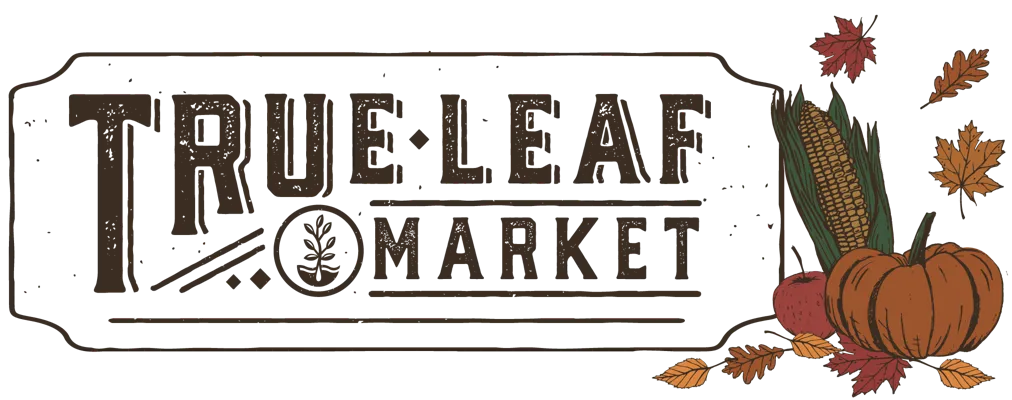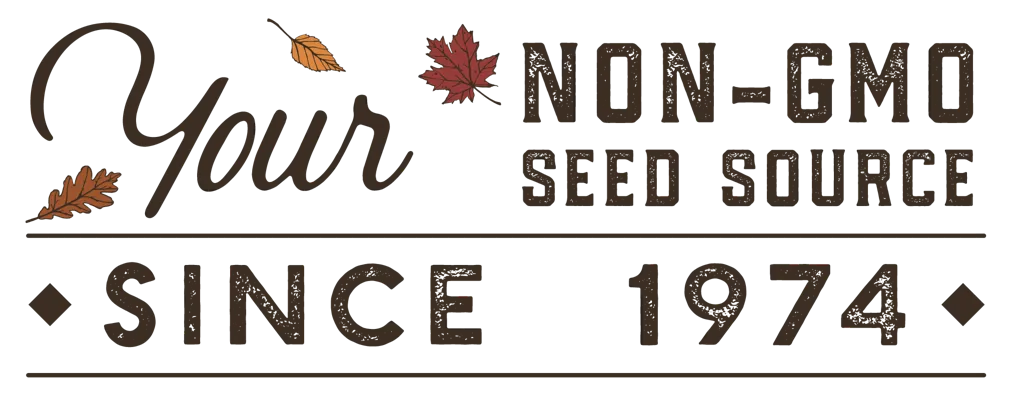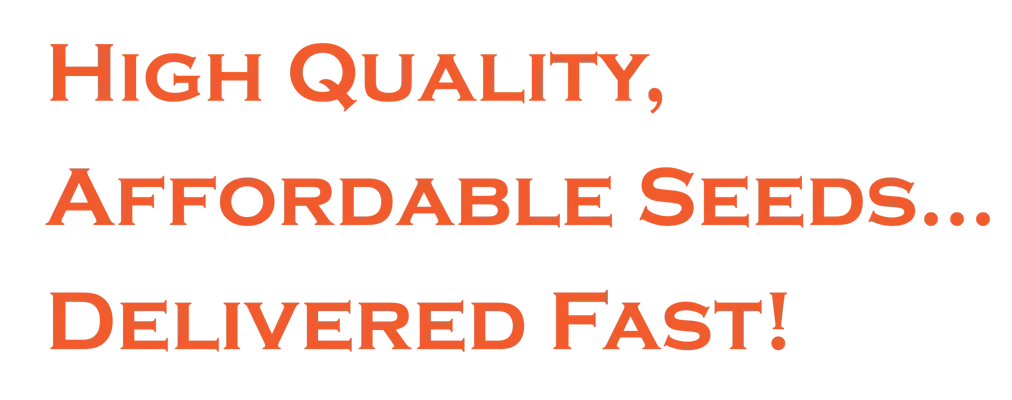Interview With Katherine, TLM Seed Compliance Lead
Did you know that True Leaf Market has a rigorous seed testing regimen to ensure that all seeds sold at True Leaf Market are of the utmost quality and standard? Recently we had the opportunity to ask Katherine, our Compliance Lead and the person responsible for this massive undertaking, some questions about what she does so that you can have even more confidence in the seeds you are purchasing.
TLM: What are your responsibilities?
KD: My main responsibilities are to ensure that all seed is tested and meets verified germination standards. I also make sure all seed sold for sprouting is tested for common food-borne pathogens as required by the FSMA. Even though seed is not regulated by the FDA, we choose to test our sprouting seed for the safety of our customers. Ensuring that our customers receive top quality and safe seed is one of our main priorities at True Leaf Market. Other responsibilities include ensuring that we follow the Federal Seed Act regulations and performing test grows on our seed when there are multiple complaints on a certain lot number.
TLM: What is the purpose for testing seeds? What are you testing for?
KD: The purpose for testing seed is to make sure that the seed we sell is viable. Viable refers to the seed’s ability to germinate. We use the State of Utah’s minimum requirements for germination viability as standards for our seed. The purpose of testing our sprouting seeds is to ensure that the seed is safe for our customers. Our sprouting seed is tested for salmonella, E.coli, and listeria.
TLM: What is the process for seed testing?
KD: We have a very simple testing process for testing our seed. Basically, we test our seed regardless of variety every 9 months to ensure that its viability is still intact. We have a very well developed internal electronic record that aids us in determining which seeds we need to test first based on lot number. Here is a sample report of our germination tests. Our sprouting seed is tested at the time it is received, and is not released until we have confirmation that the seed is safe for sprouting use.
TLM: How do you know if the seed is good?
KD: There are germination standards that are set by the State of Utah and the Federal Seed Act and we follow those standards.
TLM: What do you do if seeds come back with issues or below standard?
KD: We immediately remove the seed from the floor and the lot number is no longer sold. If we have a large surplus of seed, we will sometimes clearance the seed as “below standard.”
TLM: What are some challenges you face in your responsibilities?
KD: Testing the hundreds of lots we have in stock is sometimes a challenge, but we try to sample as fast as we can and get the results into our system in a timely manner.
TLM: Is there anything else you think would be beneficial for our readers to know?
KD: Seed does not expire! Some varieties of seed can last many years if kept under the right conditions. The dates that we print on our labels is not an expiration date, but the date the seed was last tested for viability. All of our certificates of analysis for the pathogen results can be obtained through our customer service representatives.
We hope you feel our dedication here at True Leaf Market to provide you with safe, reliable seeds. Testing our seeds regularly is just one of the ways we accomplish that goal.



















28 comments
Great info to know that TLM is serious about seed integrity. Also the info about extending seed life was quite helpful. I’ll be sharing that tip with others. Thanks #trueleafmarket.
This article is very informative and answers many questions. I really enjoyed reading it.
This is a very informative post which answers a multitude of questions pertaining to seed testing. I didn’t know about seeds and “expiration dates.” Thank you so much for sharing your expertise. Much appreciated!